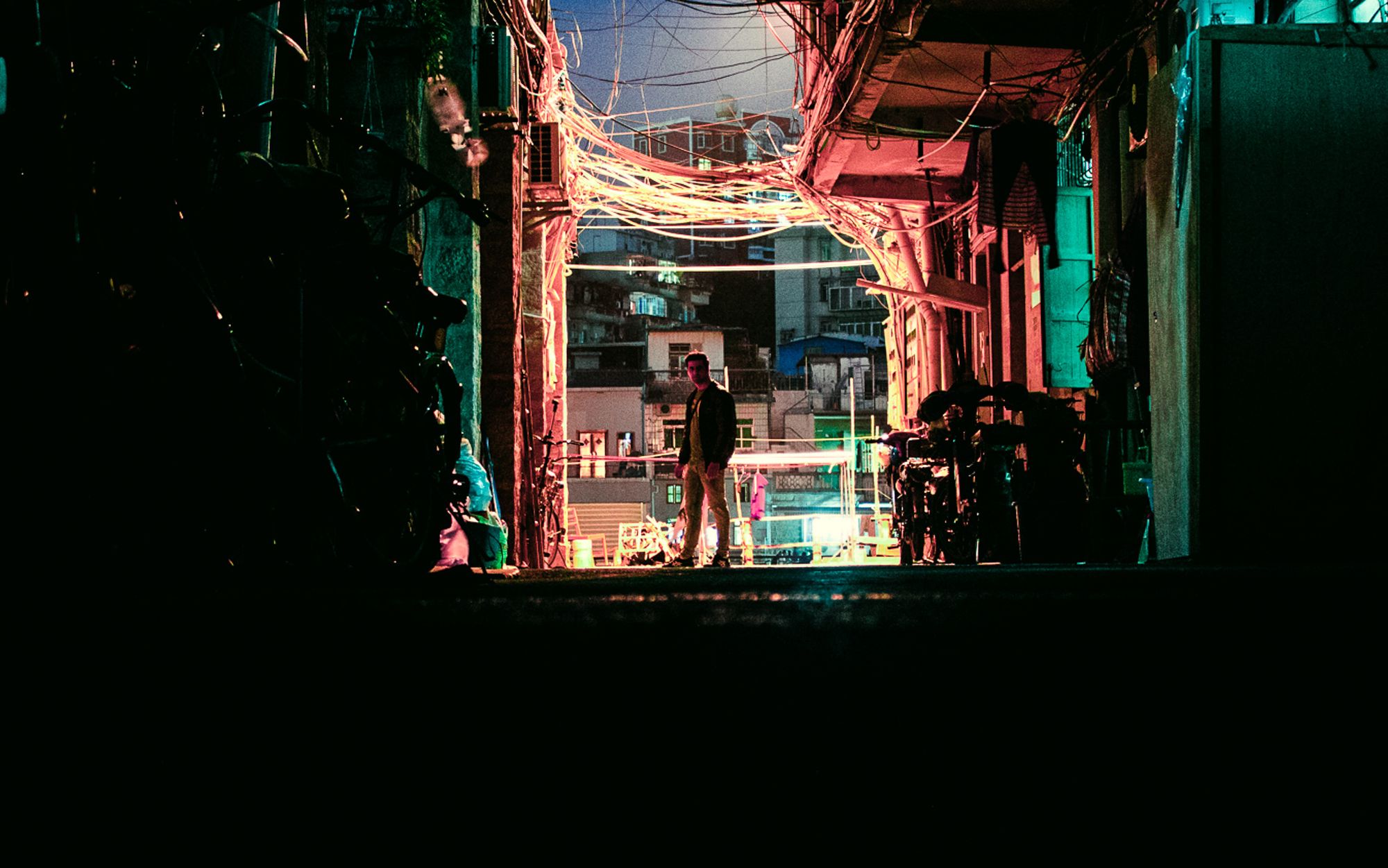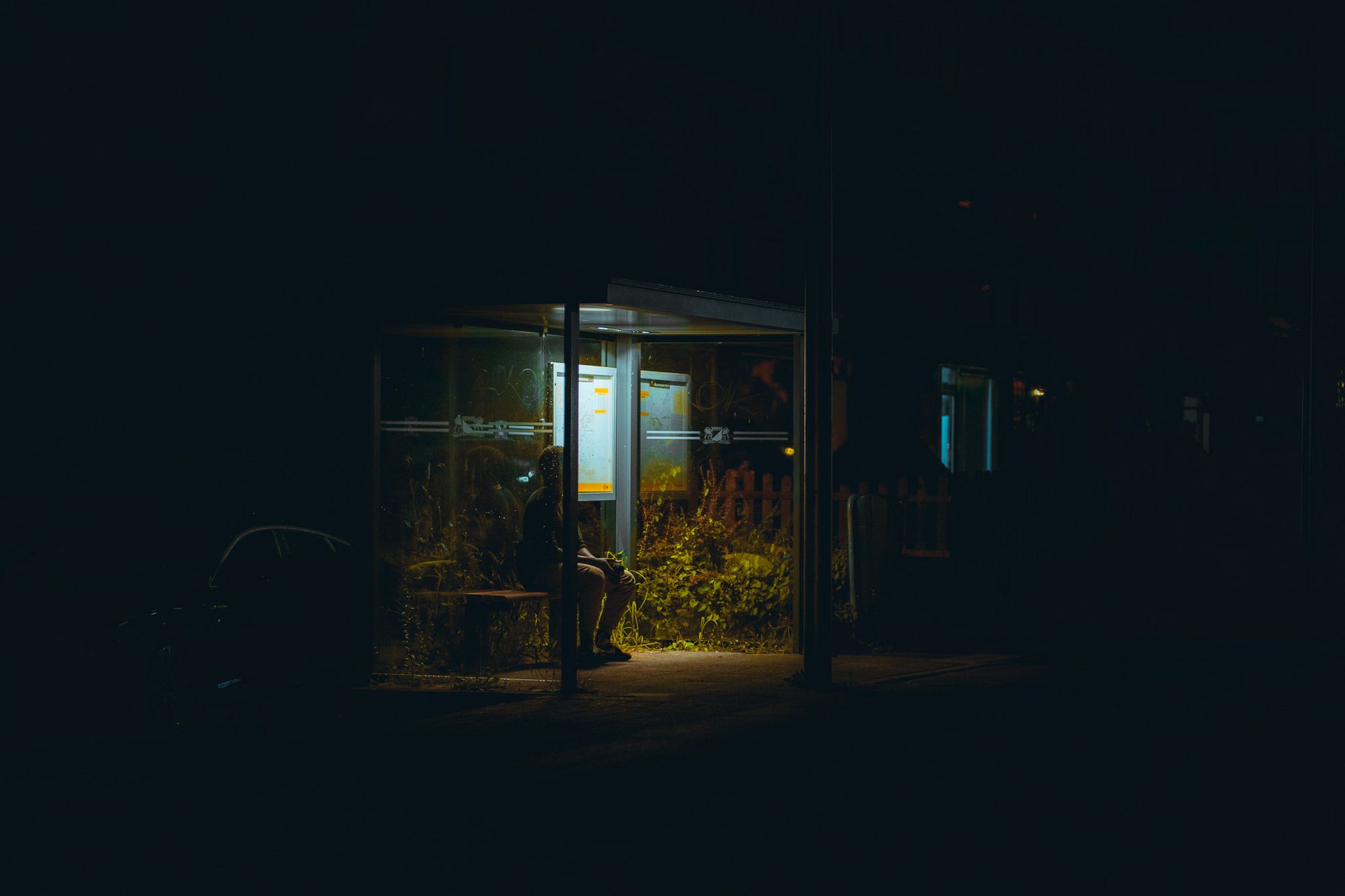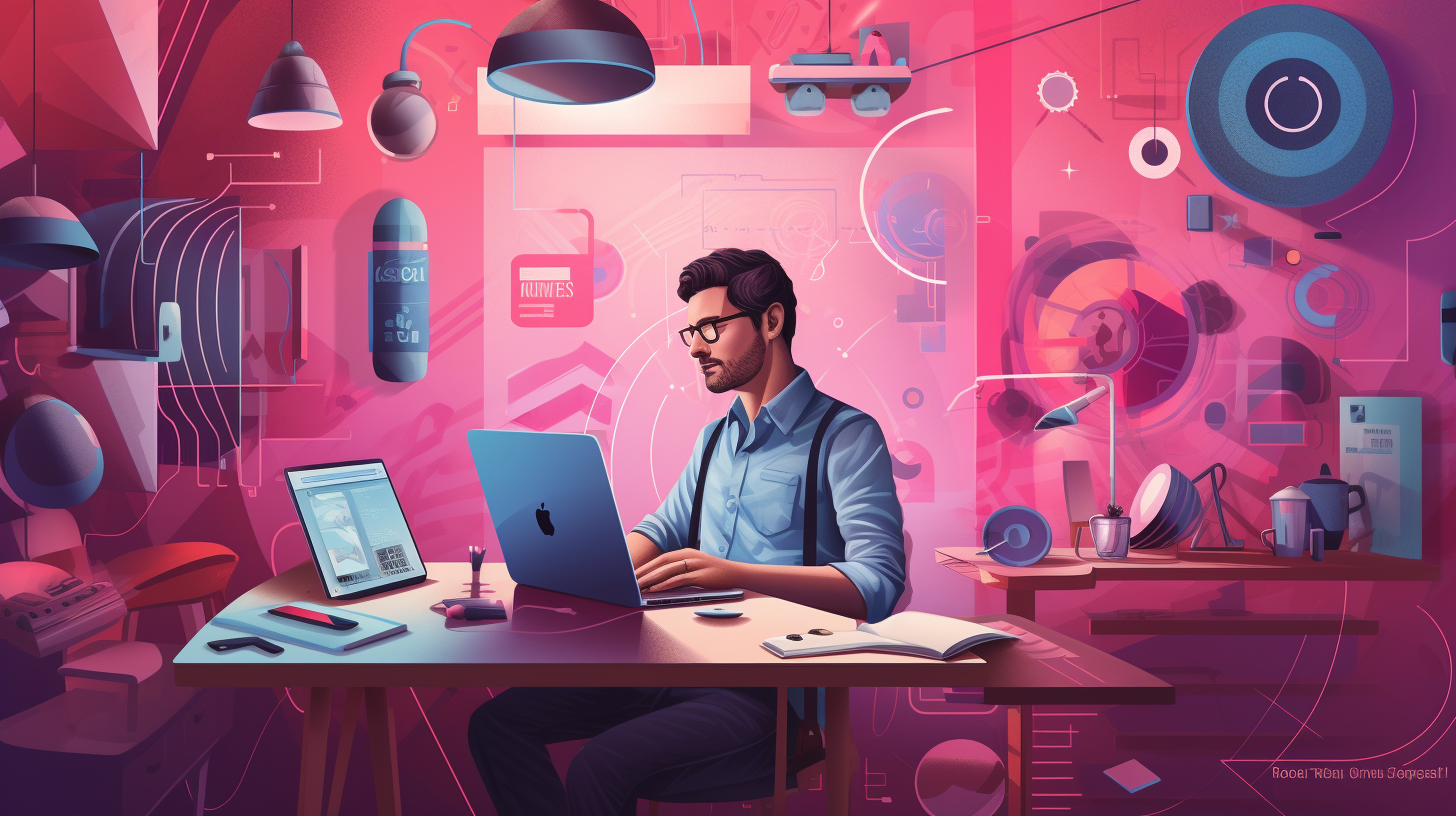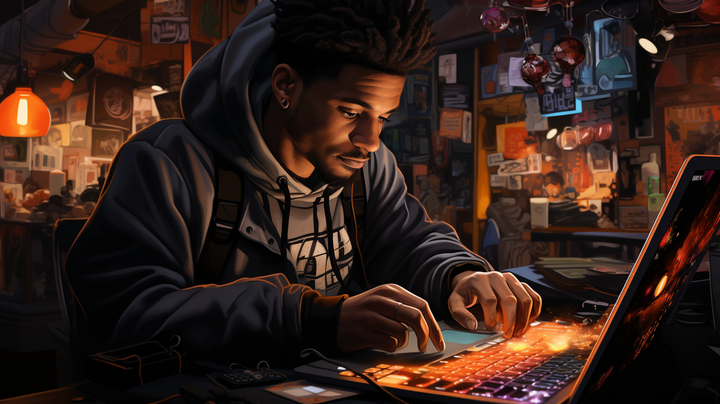Far too often, designers and to-be-designers will claim that UX is reserved for creative people. In my opinion, anyone can become creative if they're willing to put in the effort.
Last week when browsing Reddit, I came across a thread about a hiring manager who was asking for advice. The manager in question received a résumé from I believe a relative of his. The relative however, hadn't really been doing much design work before and was trying to transition to the field. He didn't get invited for an interview. The manager asked if it would be a good idea to give the young relative constructive feedback on his résumé or offer mentorship.
The difference in answers surprised me. A lot of comments were supportive of the idea of mentorship, especially since the manager already knew him. Some leaned more towards giving the guy an extensive reply with feedback on his résumé. What surprised me though, was that there were multiple people answering something along the lines of "if he's not talented, don't waste your time" or "a bad résumé probably means he's not creative". These answers immediately struck me as odd. Were all these people great designers from the day they were born? Is "talent" supposed to be the metric we use for gauging if someone is fit to be a UX designer?
Talent vs. skill
According to Oxford Languages talent means "natural aptitude or skill". Skill is usually described as the ability to do something well, be it naturally or learned. The way the redditors used the word "talent" made it seem like all designers are naturally born with the ability to design. Honestly, that's the kind of gatekeeping mentality I hate. Skills can be taught. Even if some people have a natural predisposition for colour matching or an eye for hierarchy, it doesn't mean that it's not teachable. Nobody is born great. It's a combination of talent, skill, and the amount of effort someone puts into their craft. This is true for almost anything, especially artistic fields. For some it just takes a little more effort to get to the same level. I'd say talent is the least important part of becoming skilled.
Illustrators with thousands of followers get bombarded with "You're so talented", "I wish I'd had the talent to do this", which of course, is completely understandable. I too would like to be able to draw like my favourite artists, but I also know that I'm not willing to put in the effort that they have done. Of course these people are talented, I'm not denying that. It's just a different way of looking at the way skills are developed.
Developing skills
When reading about the subject of talent vs. skill, you come across an enormous amount of differing opinions. Even between scientists and researchers. As someone who believes that practice is by far the most prominent factor in developing skills, for me talent is a mere measurement of the speed that someone can learn. The 10.000 hour-rule, popularised by Malcolm Gladwell, has been proven time and time again. Anyone who puts in deliberate effort and focuses on learning the right way, will become an expert in any field after practicing for 10.000 hours.

It's not that talent is irrelevant, I believe it just means that at the 1.000 hour mark, some will be better than others because of their inherent talents and abilities. Besides, someone who completely indulges himself in the field they're studying will probably get better results than someone who doesn't. Now this is where I believe that creativity comes into play.
"Im not creative"
How many times have you heard this sentence before? As a designer and hobby photographer, I've heard this phrase many many times. Whenever I advise someone to pursue something artistic, be it photography or graphic design, the usual response is "But I'm not creative". My response to that is usually "You don't have to be", but that mostly lands on deaf ears. These people don't want to be creative. I'd say the first few thousand photo's I took were dogshit, but I needed to take those to get better. I enjoyed the journey because I like photography. Does that mean I wasn't creative, but now am? No, I believe it means that I wanted to be a good photographer, so I kept practicing. "I'm not creative" is the same as saying "I don't want to do those things, because I don't like it." and that's perfectly fine.

I thought the above picture was the pinnacle of my photography skills at the time. When I look back at it now, I could think of a 100 things I would change. It feels static. The location was great, and now I see even more potential.

To stay with the dark theme, this is a photo I've taken a few months ago. The location is much less interesting than a Chinese back-alley, but I like this photo way more. It invokes more emotion.
The same goes for the design work I've done so far. When I look back at interfaces and designs I made years ago, I'm in physical pain because of all the mistakes I can see. All the practice and mistakes I've made in the past led me to a point where I mostly design based on previous experiences.
I believe that creativity is something that can be trained, it's like a muscle that needs consistent workout to develop. I don't believe I was born with creativity or the talent to design. I believe that all practice I've had in video/photo editing, graphic design, UX Design, photography, videography, drawing, music production and every other field has made me a "creative" person. I can take inspiration and use previous experiences in all these fields to come up with ideas for design-work. My interests grow day by day and usually have something to do with artistry, analog mechanics, entertainment, media, and music. I think these interests help me develop my "creative" work because of the constant exposure to it. If I hadn't been interested in any of this, but was instead more interested in economy, finances and real-estate, I can assure you that I would be a much worse designer by now.
Creativity in UX Design
Okay, so I think I've made my points clear about talent, skill and creativity. Now how does this all relate to the title of the article? As I've stated, I believe that creativity is a muscle that can be trained. But is creativity even necessary as a UX Designer? Creativity is defined by the ability to create something new, to find new connections and be inventive. UX Designers, however, use existing patterns, known psychology, trends and theories to create user experiences that are seamless, current and easy to use.
It's not always about new, inventive ways of crafting user experiences. This instead usually leads to confusion. You want your users to navigate through your designs with ease, not having to consciously think about their decisions. We make use of mental models to ensure great usability. There are of course the occasional outliers where you want to get a bit more inventive on landing pages for new products for example, but these are few and far between working as a UX Designer. Your task is to figure out the best solution for your users, not the most creative. Imagine clicking on a drop-down menu, but instead it folds out to the side. You want your users to be able to predict what's gonna happen. Why reinvent the wheel when there are tons of often-used examples?
Obviously there is some form of creativity involved in terms of colours, layout and overall aesthetics, but this too can be learned. Most people will recognise when colours don't match, you just have to learn what does work.
I work as a UX Designer for the military and therefore have a target audience that spans 60k people of all backgrounds and different levels of digital aptitude. The apps I design need to be easy to use and be similar to apps they already use. Sure, it'd be fun to create an app with complete creative freedom to do whatever I want, but that's not why you're a UX Designer. I create seamless experiences based on existing patterns, there's no need for me to get all inventive for the sake of being creative. If I want to have complete freedom, I'll grab my camera and go out to shoot some photos.
Conclusion
UX is a field where patterns, psychology, trends and theories are the cornerstones of great designs. This is knowledge that can be taught and practiced. The amount of effort you put into your practice will be the biggest influence on your progress. Your abilities and skills are a direct result of that practice. I don't think UX Designers need to worry about being "creative" and should instead focus on broadening their horizons. Find patterns, re-use elements and be efficient. Remember that nobody is born a great designer and we all have to learn and practice. If you really want to be a UX Designer but feel like you're not creative, don't worry. I believe that anyone who puts in the effort will get where they want to be eventually, it just might take a little more time.




